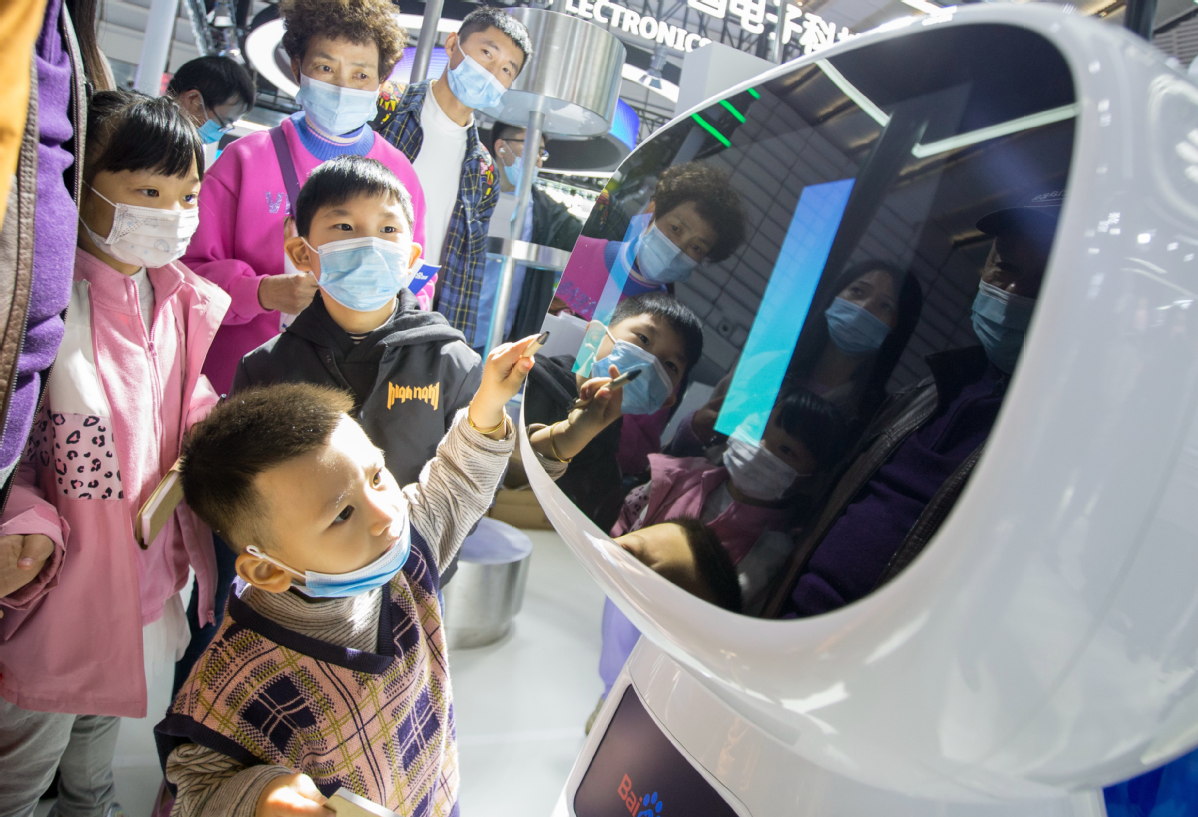Zhejiang to build smart services digital platform






Zhejiang province, where the first National Congress of the Communist Party of China was concluded in 1921, will inherit the Party spirit and build the province into a window of the country's new development vision by further promoting digitalization reform, senior officials of the province said on Monday.
As the root of the Red spirit, Zhejiang will continue to play a leading role and boost the province's development with the support of digitalization, Yuan Jiajun, secretary of the provincial Party Committee, said at a news conference held by the Publicity Department of the Central Committee of the CPC in Beijing.
In the next five years, Yuan said, Zhejiang will build a smart services digital platform, which is expected to connect all the province's counties and cities and will help provide better public services to local residents.
Moreover, the digital reform will be conducted in several major sectors of the province, including government offices, social service providers and law enforcement departments.
It will also serve the Party's management in the province.
"The reform is expected to give the province a new surge and bring more positive changes to other aspects of the society," Yuan said, adding that the digitalization process had been initiated in Zhejiang years ago when President Xi Jinping was Party secretary of the province in 2003.
In the past years, several milestones had been achieved during the process, according to Yuan.
In 2017, the databases of several major public sectors in the province, which used to be isolated from each other, were connected thanks to the reform. It reduced time spent by residents on applying for public services from several days to 24 hours.
The provincial government also innovated its governance through digitalization. Last year, it raised the idea of adopting digital services to help with the resumption of work and production during the COVID-19 pandemic.
Within a week, a health code system was designed and put into use, through which people's movements and their health condition could be monitored and collected by scanning a QR code on mobile phones.
Thanks to those efforts, Zhejiang became a model for the nation of encouraging the resumption of work, and no infections were reported due to the resumption.
At Monday's conference, Deputy Secretary of the Zhejiang Provincial Party Committee and Governor of Zhejiang Zheng Shanjie announced that the province aims to have 40 percent of its residents inoculated by June, as the mass COVID-19 vaccination has been initiated in many regions of the country since early this year.
Zheng said foreign trade dependence-the ratio of total foreign trade to the province's gross domestic product-is about 50 percent. "We have conducted strict disease prevention and control methods while maintaining stable trade and communications with foreign countries," he added.
Since the beginning of this year, 1,100 visits of overseas ships have been recorded in Zhejiang and 181 international flights have also been made.
































